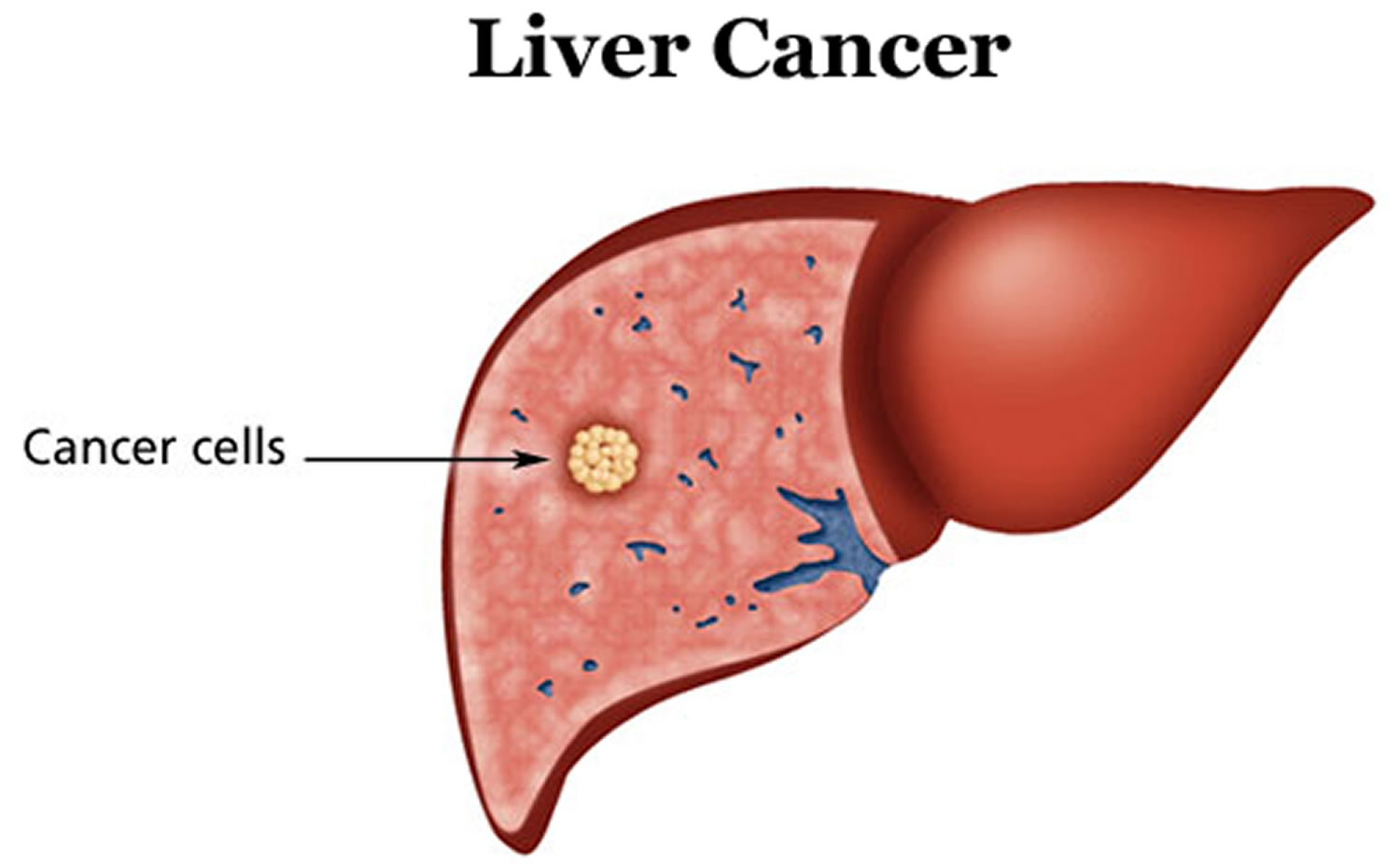Genetic disorders prenatal treatment is an evolving field that promises to revolutionize the way we approach certain pregnancy-related health concerns. Recent discoveries indicate that nearly 300 genetic conditions can be diagnosed and treated before a child is born or shortly after birth. These actionable insights empower healthcare providers to offer effective interventions, significantly improving the chances of positive outcomes for affected families. By utilizing advanced methods like genomic sequencing prenatal diagnosis, doctors can analyze treatable fetal findings and make informed decisions on early intervention genetic disorders. As a result, such initiatives aim not only to reduce morbidity during prenatal care but also to enhance the overall wellbeing of future generations.
The management of hereditary health issues during gestation, commonly referred to as prenatal genetic therapies, is gaining traction in modern medicine. With advancements in technology, healthcare professionals are now capable of identifying and mitigating the effects of pregnancy genetic conditions much earlier than ever before. Innovations in genomic analysis have led to the development of strategies that target preventable diseases, enhancing the potential for better outcomes through timely interventions. This proactive approach aims to minimize complications and foster healthier futures for newborns, addressing the growing need for effective prenatal care solutions. As researchers explore the benefits of these early interventions, families can look forward to more comprehensive and supportive healthcare options.
Understanding Genetic Disorders That Can Be Treated Before Birth
New advancements in prenatal medicine have led to significant developments in identifying genetic disorders that can be effectively treated before birth. Research indicates that nearly 300 genetic conditions are amenable to intervention during pregnancy or shortly after birth. This progress highlights the importance of creating a comprehensive list of “treatable fetal findings,” which can be presented to expectant parents as part of their prenatal care. By offering this information, healthcare providers aim to empower families, allowing them to make informed decisions regarding their pregnancy and the health of their child.
The growing focus on actionable prenatal diagnostics reflects a shift towards more proactive medical care. With innovations like genomic sequencing prenatal diagnosis, healthcare professionals are now better equipped to detect conditions that may require immediate intervention. For instance, prenatal treatments can address issues such as congenital heart defects or metabolic disorders, enhancing the chances for positive health outcomes. Early identification coupled with treatment could significantly reduce morbidity associated with these conditions, leading to improved quality of life for affected infants.
The Role of Genomic Sequencing in Prenatal Diagnosis
Genomic sequencing has revolutionized the approach to prenatal diagnosis, enabling clinicians to uncover genetic predispositions to potential health issues. By integrating genomic data with parental medical history, healthcare providers can pinpoint specific genes responsible for abnormalities detected during routine ultrasound exams. This advancement not only paves the way for early intervention genetic disorders but also arms families with knowledge about possible conditions before birth, allowing them to prepare accordingly.
Through the implementation of genomic sequencing, clinicians have identified various treatable fetal findings that can be addressed pre- or postnatally. For example, some conditions can be managed with medication, while others may require surgical interventions shortly after birth. This proactive approach not only positions healthcare providers to reduce the risk of severe complications but also aligns with the broader goal of optimizing pregnancy genetic conditions management, enhancing the effectiveness of prenatal care.
Opportunities for Early Intervention with Genetic Disorders
The identification of treatable genetic disorders during pregnancy opens a wealth of opportunities for early interventions that can drastically alter the trajectory of a child’s health. Initiatives led by researchers aim to educate families about potential interventions available for conditions like cystic fibrosis or spinal muscular atrophy before the infant is even born. These preemptive measures can mitigate the seriousness of symptoms and improve outcomes significantly, showcasing the value of early detection.
Furthermore, early intervention can result in substantial emotional and financial benefits for families. By addressing genetic disorders proactively, families can avoid the stress and challenges associated with late diagnoses. Moreover, effective prenatal treatments can decrease the likelihood of long-term effects that accompany untreated conditions. This reduction in morbidity signifies a change not just in treatment modalities but also in the overall approach toward prenatal healthcare.
Addressing Ethical Considerations in Prenatal Genetic Testing
As the landscape of prenatal genetic testing evolves, so too do the ethical implications associated with it. Initiatives to inform families about treatable fetal findings present a unique set of challenges, particularly regarding informed consent and the potential emotional burden of excessive information. Researchers underline the necessity of fostering an understanding of the full spectrum of genetic conditions while ensuring that healthcare providers can deliver this information sensitively and supportively.
Engaging diverse medical professionals—including geneticists, obstetricians, and ethicists—becomes crucial to navigate the multifaceted challenges faced by families in understanding genetic disorders. These collaborative efforts aim to ensure that patients are not only informed but also supported in their decision-making processes, thus cultivating an environment where informed choices can be made regarding pregnancy genetic conditions.
Enhancing Prenatal Care Through Treatable Fetal Findings Lists
One of the key advancements in prenatal care is the creation of treatable fetal findings lists, designed to guide families through available intervention options. This initiative aims to close the gap in prenatal care identified by researchers, providing a structured way to approach complex decisions regarding genetic disorders. By compiling nearly 300 conditions, these lists serve as a resource for expectant families considering their options and the implications of their choices.
Not only do these lists facilitate informed discussions between patients and healthcare providers, but they also emphasize the role of early intervention in fetal medicine. By prioritizing timely detection of genetic disorders, healthcare teams can significantly improve outcomes and decrease morbidity rates associated with untreated conditions. The goal of these resources is to empower families, promoting proactive engagement in prenatal care and the health of their newborns.
Pregnancy Genetic Conditions: The Importance of Awareness and Education
Awareness and education surrounding pregnancy genetic conditions are pivotal for encouraging timely interventions. As research reveals more about treatable genetic disorders, expectant parents must understand the potential risks and benefits associated with various diagnostic options. Comprehensive education allows families to weigh the implications of genetic testing and to make informed choices regarding their prenatal care.
Ensuring that healthcare providers are equipped with the necessary knowledge and resources to guide discussions about genetic conditions is essential. Through workshops and educational initiatives, families can learn how genomic sequencing prenatal diagnosis can benefit them. By fostering greater understanding of pregnancy genetic conditions, healthcare systems can enhance not only prenatal care but also pave the way for better postnatal outcomes.
Morbidity Reduction Through Proactive Prenatal Care
The proactive approach in prenatal care, specifically through the identification of treatable genetic disorders, represents a promising avenue for morbidity reduction. By implementing early interventions, healthcare providers can directly impact the health trajectory of a fetus, minimizing the chances of serious complications occurring after birth. This forward-thinking methodology ensures that families are not only equipped with knowledge but also with actionable steps to safeguard their child’s health.
Reducing morbidity in prenatal care involves not just medical interventions, but also an integration of educational resources for parents. Families armed with knowledge about potential health issues and available treatments can navigate their options effectively, making informed decisions that may enhance their child’s future health. Such an integrative approach marks a significant evolution in how healthcare providers manage genetic conditions during pregnancy.
The Future of Prenatal Care: Innovations and Treatments
The landscape of prenatal care is rapidly changing, driven by innovations in medical technology and genetic research. As more genetic disorders are identified as treatable pre-birth, the future holds exciting possibilities for families. New therapies and interventions, ranging from gene therapy to advanced prenatal treatments, promise to transform prenatal care practices, ensuring that more pregnancies can be safeguarded against hereditary genetic conditions.
The ongoing research in identifying actionable genetic findings underscores the commitment of medical professionals to enhance patient care. By establishing a standardized framework for recognizing and treating genetic disorders during pregnancy, healthcare providers can deliver more precise and effective care. This paradigm shift not only has the potential to improve fetal outcomes but also signifies a leap forward in maternal and child health overall.
Collaboration Among Healthcare Professionals in Prenatal Genetic Care
Effective prenatal genetic care relies on a strong collaboration among a multidisciplinary team of healthcare professionals. Medical geneticists, obstetricians, nurses, and genetic counselors each play vital roles in ensuring that families receive comprehensive care regarding treatable fetal findings. This collaborative effort is essential in navigating the complexities of genetic testing and treatment options, making it easier for patients to understand their choices.
By fostering an environment of cooperation among various specialties, healthcare teams can offer holistic support to families facing potential genetic disorders. Collaborative practices not only enhance knowledge sharing but also improve the overall delivery of care. As the journey through pregnancy can be stressful for many, a united healthcare team working towards common goals can significantly alleviate concerns and empower families.
Frequently Asked Questions
What are genetic disorders prenatal treatment options available today?
Genetic disorders prenatal treatment options include targeted therapies available during pregnancy and early postnatal interventions. Recent studies identify nearly 300 genetic conditions that can be addressed through timely interventions, fall under a ‘treatable fetal findings list’. This includes the use of genomic sequencing prenatal diagnosis to inform families about potential conditions and treatment pathways.
How does genomic sequencing prenatal diagnosis help in treating fetal genetic disorders?
Genomic sequencing prenatal diagnosis plays a crucial role in identifying genetic abnormalities that can lead to treatable fetal findings. By analyzing fetal DNA, healthcare providers can uncover conditions that may be addressable during pregnancy or shortly after birth, enabling early interventions that significantly reduce morbidity.
What is a treatable fetal findings list and how does it benefit pregnancy genetic conditions?
A treatable fetal findings list outlines genetic disorders identified as having potential treatment options during pregnancy. By detecting these pregnancy genetic conditions early, families are provided with actionable information that allows for early intervention, improving health outcomes for the fetus.
What role does early intervention genetic disorders play in reducing morbidity?
Early intervention for genetic disorders emphasizes timely diagnosis and treatment, which is critical in reducing morbidity. The recent findings highlight that nearly 300 genetic conditions can be effectively managed before birth or shortly thereafter, thus altering the clinical course of these disorders.
What are the implications of pregnancy genetic conditions on prenatal care?
Pregnancy genetic conditions necessitate enhanced prenatal care that integrates advanced diagnostic methods, such as genomic sequencing. This approach not only identifies at-risk pregnancies but also opens the door for early interventions, which can reduce the incidence of severe outcomes for both mothers and babies.
What challenges do clinicians face in genetic disorders prenatal treatment discussions?
Clinicians often encounter challenges such as navigating complex genetic information and addressing ethical concerns during treatment discussions for genetic disorders. It’s essential to offer clear guidance and support to families, helping them make informed decisions about potential interventions available during pregnancy.
How can families prepare for potential genetic disorders prenatal treatment options?
Families can prepare for genetic disorders prenatal treatment by engaging in early prenatal care that includes genetic counseling. Understanding the potential risks and benefits of prenatal testing can help them make informed decisions about pursuing genomic sequencing and consider early intervention strategies if applicable.
What is the importance of collaborative care in managing genetic disorders during pregnancy?
Collaborative care is vital in managing genetic disorders during pregnancy, as it involves a team approach among obstetricians, geneticists, and counselors. This ensures that families receive comprehensive support and clear information, navigating the complexities of prenatal treatment options effectively.
| Key Aspects | Details |
|---|---|
| Study Findings | Identifies 296 genetic disorders treatable during pregnancy or in the first week of life. |
| Research Institutions | Conducted by Harvard Medical School, Mass General Brigham, and Duke University School of Medicine. |
| Goal of Research | To create a ‘treatable fetal findings list’ for pregnant patients to improve early intervention options. |
| Importance of Early Detection | Timely diagnoses can reduce morbidity and mortality, allowing for early treatment interventions. |
| Role of Genomic Sequencing | Essential tool for prenatal diagnostics and identifying treatable conditions. |
| Challenges and Considerations | Ethical considerations about delivering potentially overwhelming information to patients. |
| Collaboration for Care | Emphasizes teamwork among geneticists, obstetricians, and ethicists for effective patient care. |
Summary
Genetic disorders prenatal treatment is an emerging field that showcases how early detection and intervention can significantly improve health outcomes for both fetuses and newborns. With nearly 300 genetic disorders identified as treatable before birth or shortly after, this area of research stands to revolutionize prenatal care. By integrating genomic sequencing into routine diagnostics and offering actionable treatment options, families can be empowered to make informed decisions during pregnancy. However, navigating the associated ethical challenges requires a well-coordinated care approach to support both medical professionals and patients comprehensively.



